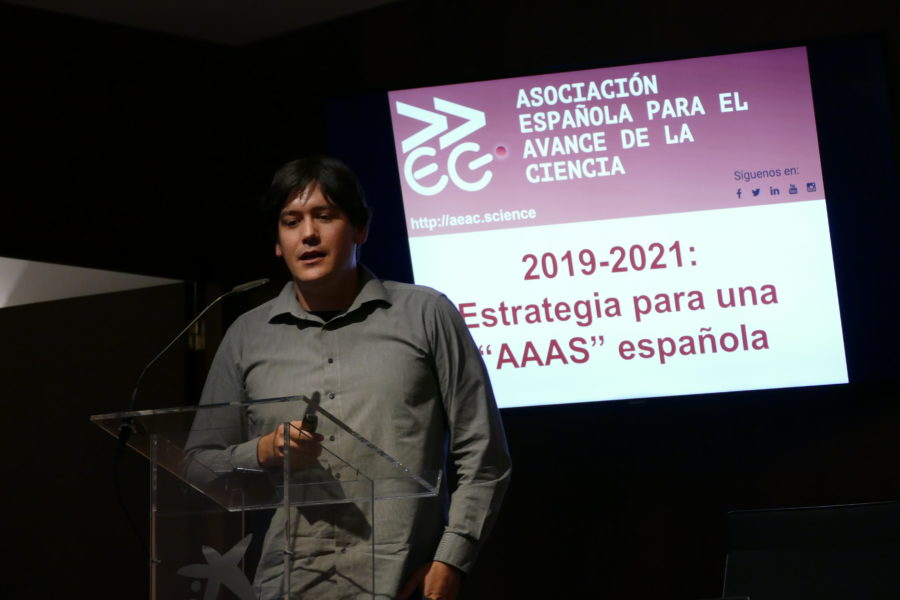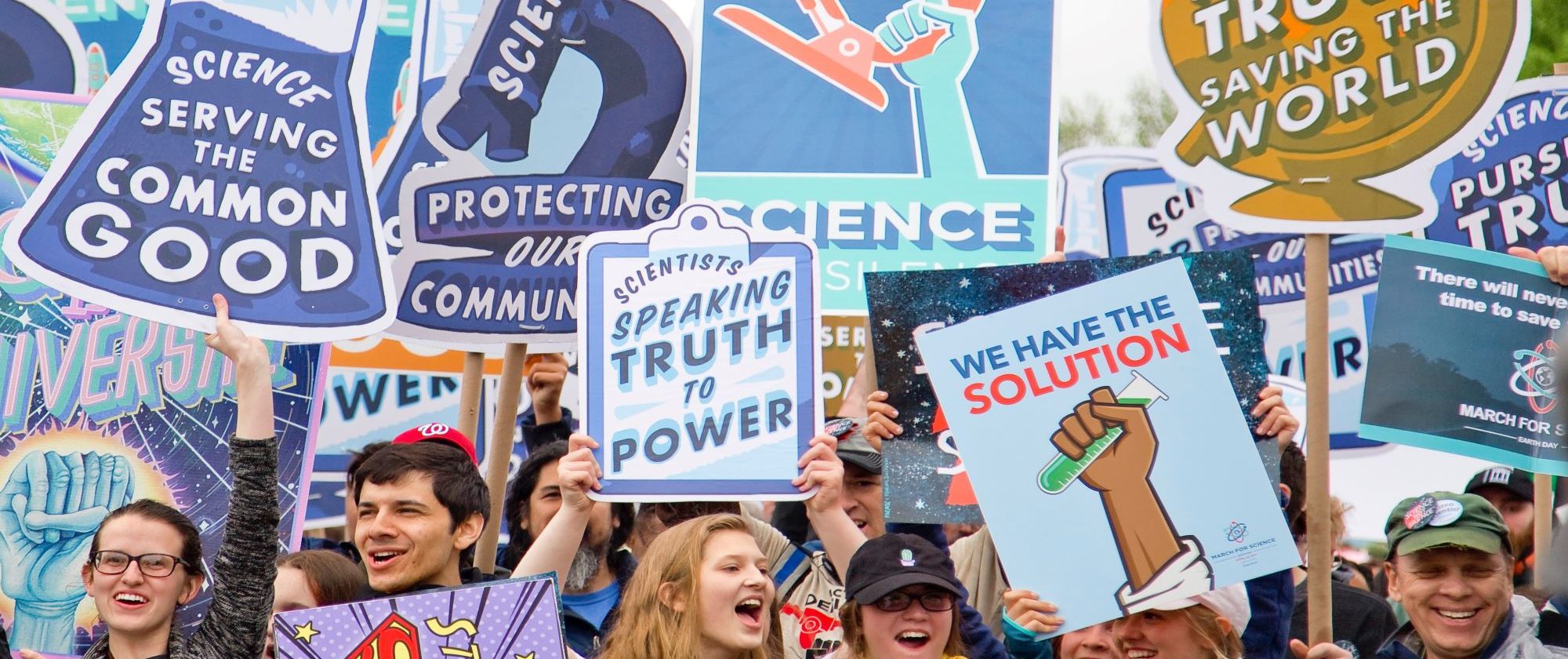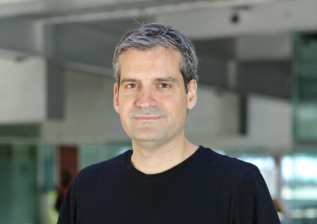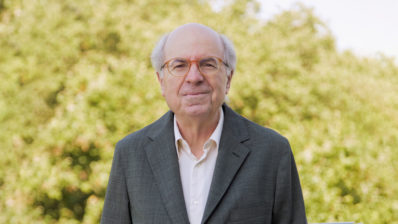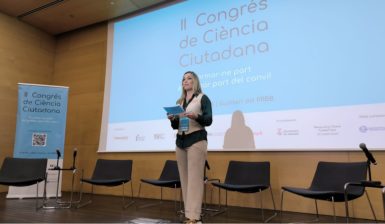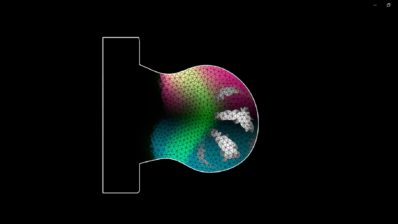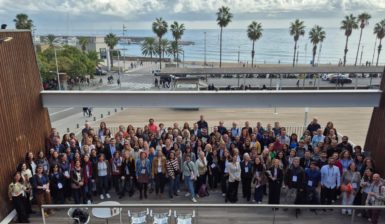In June 2018, astrophysics and scientific activist Amaya Moro-Martín came to the Biomedical Research Park of Barcelona (PRBB) to discuss the rising Spanish Association for the Advancement of Science (AEAC). Ten months later, last Thursday, April 11, 2019, the first meeting of the already constituted AEAC in Barcelona took place. At the Palau Macaya, the mission of this association, promoted by the scientific community, was presented and it wants to be open to citizen participation.
During the inauguration of the ceremony, Federico Mayor Zaragoza, president of the AEAC, concluded that “tomorrow’s problems can not be resolved with yesterday’s solutions” and he called for action today so that future generations cannot say to us Albert Camus’ words : “I despise them, because being able of so much they have dared so little.”
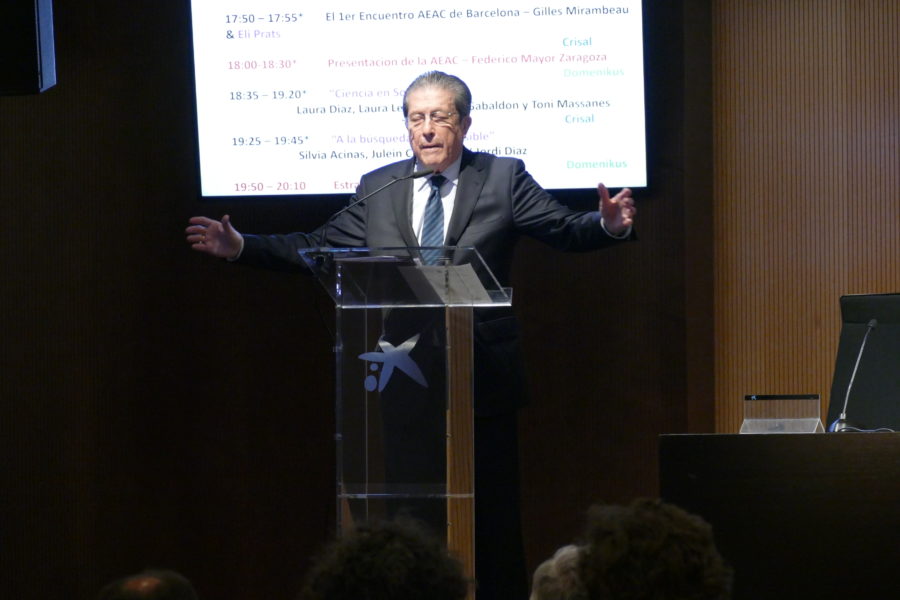
Following these high expectations by the man who was UNESCO’s CEO for 12 years, the first of the two round tables of the day began, with the participation of several AEAC partners, including Toni Gabaldón, researcher at Centre for Genomic Regulation (CRG).
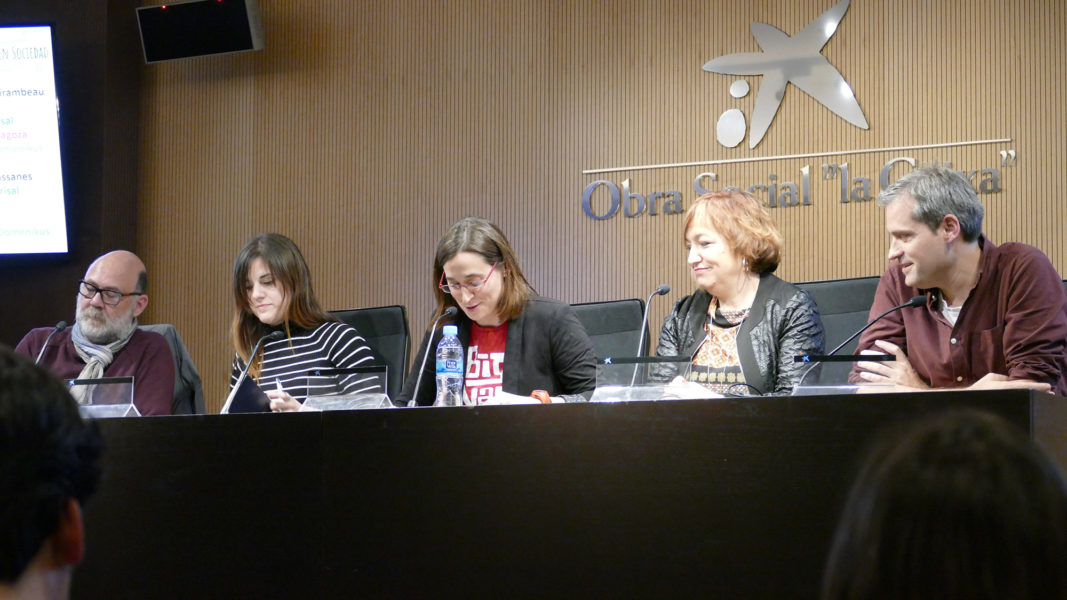
“If we want to change things we have to influence the politicians, because they are the ones with the power, those that make the norms. Recently COSCE organized a meeting in Parliament where politicians of the different parties gave their speeches and then some of the present scientists asked questions. I think it should have been the other way round; politicians should have heard the scientific society to get ideas about what things to change. ”
Toni Gabaldón (CRG)
Many topics were discussed among the participants in the tables and the audience, with several open questions and even some self-criticism. From whom should be responsible for transmitting the scientific message to the public, to the importance of scientific education aimed at children to the support of basic research – such as the illustrative case of the discovery of a system in bacteria that ended up giving rise to the CRISPR technique.
“If the dissemination task was to be shared among all existing scientists, it would not require a lot of effort”
After a second round table, the general secretary of the AEAC, CSIC researcher Borja Sánchez, reviewed the life of the association so far, and its vision and strategy for the next three years. You can read an interview with Sánchez in the Spanish version of this article.
